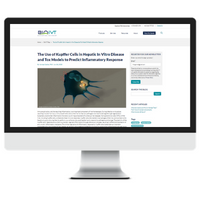PRIMARY HEPATOCYTES AND RELATED HEPATIC PRODUCTS
CONNECT WITH US TO DISCUSS YOUR ADME-Tox Research THERAPY NEEDS
Your Trusted Partner For Drug Discovery and ADME-Tox In Vitro Models

COMPREHENSIVE PORTFOLIO
BioIVT is the unparalleled leader in providing human and animal hepatocytes, NPCs, and subcellular fractions for all in vitro ADME-Tox models.
With over 25 years’ experience isolating and preserving hepatic cells, our scientists have pioneered novel products, including:
- TRANSPORTER CERTIFIED® Hepatocytes
- SPHEROID CERTIFIED™ Hepatocytes
- LIVERPOOL® Cryoplateable Hepatocytes
- LIVERPOOL Cryosuspension Hepatocytes
- Cryoplateable Hepatocytes
- Cryosuspension Hepatocytes
- Fresh Hepatocytes
We have manufactured over 1,500 human and over 3,500 animal lots, giving us the most extensive inventory of any provider. Our comprehensive portfolio enables us to provide lots that meet your unique requirements.
SUPERIOR QUALITY
Our commitment to delivering high quality products gives you confidence in the data from your studies.
Our rigorous QA and QC processes ensure we deliver high-quality human and animal hepatic cells. Our detailed certificates of analysis (CoAs) provide all the information needed to assess lots, including:
- Post-thaw viability
- Confluence at day five
- Yield
- Metabolic activity for CYP and UGT enzymes
- Donor demographics
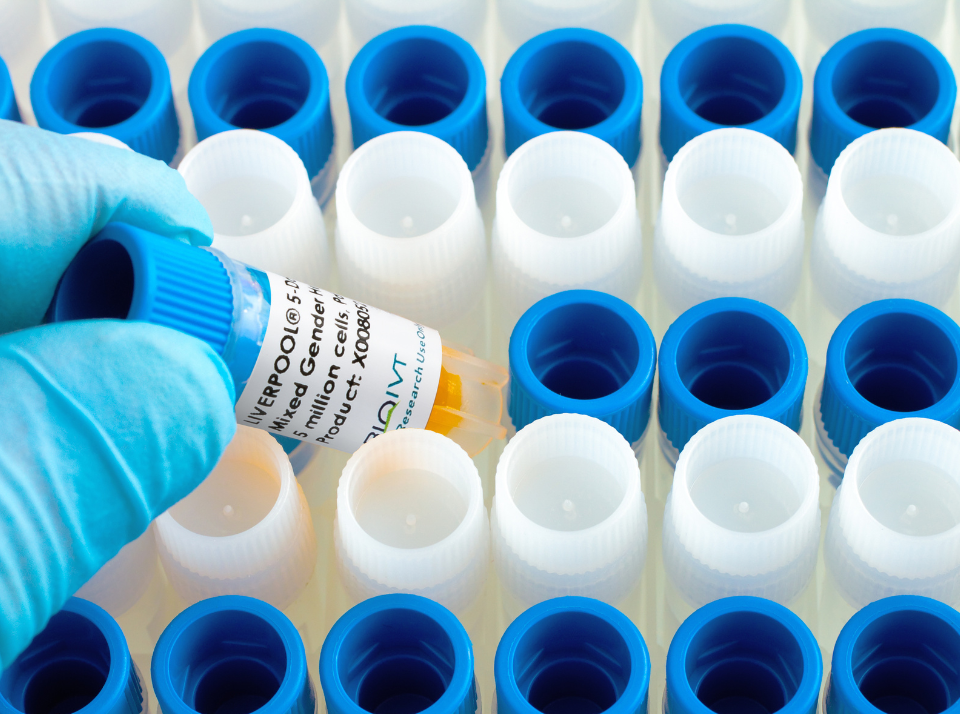
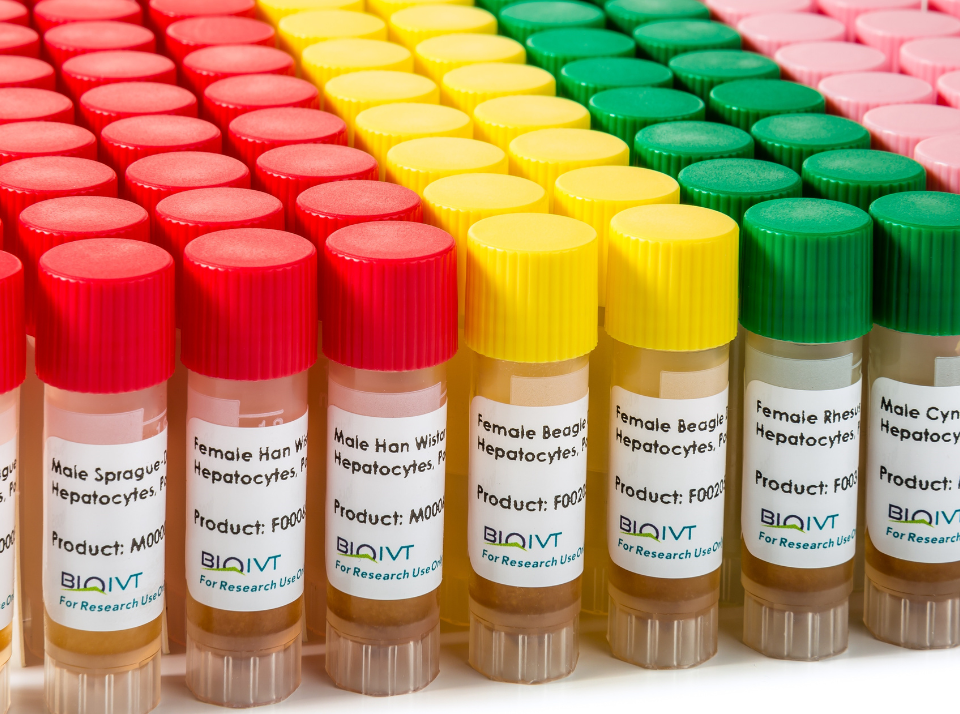
DEPENDABLE PRODUCT AVAILABILITY
We provide dependable supply of the same hepatocyte lots for complete research programs.
When you identify a lot with the characteristics you need, we hold sufficient inventory to ensure you can complete an entire course of studies with that lot. Our cell isolation methods result in large lots, and we partner with customers to create very large, customized LIVERPOOL lots, especially reserved for them. They rely on these lots in their global R&D programs.
Customers with accounts on the BioIVT e-commerce portal can view their previous orders and reorder the lots they need.
SECURE SUPPLY CHAIN
Our global logistics infrastructure ensures that we deliver the hepatic products you need, when you need them.
We have ultra-low temperature storage capacity for over 700,000 vials at our facilities in the US, UK and EU, and we have long-term relationships with established distributors in Asia. Because our distribution sites are close to major research hubs, we ensure you can get the hepatic cells you need when you need them.
We have our own fleet of dewars that we use to ship cells directly from our facilities to our customers’ labs. This enables us to have the shortest possible turn-around time between order placement and product delivery.
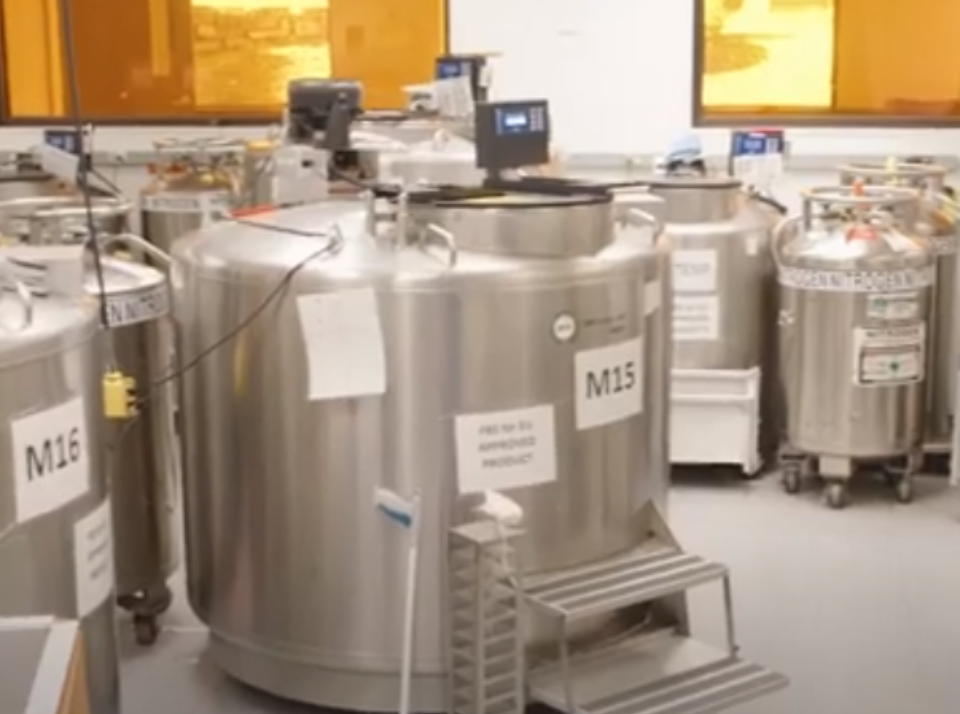
Rely on Our Experts to Identify the Products You Need

Led by Scott Heyward, Director of R&D and Scientific Affairs, our team of experts will work with you to find the hepatic products you need and identify lots with specific characteristics for your research programs. We will partner with you to design and implement additional characterization studies, including genotyping, as required.
We advise on media, culture conditions and experimental design and can provide relevant peer-reviewed journal articles.
FEATURED RESOURCES
Get the product information you need for your research with our technical content. You can learn more about our entire range of hepatic products and services with our suite of application papers, infographics, webinars, tutorials and more.
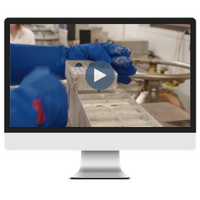
[VIDEO] BioIVT Your Trusted
ADME Partner
drug discovery and ADME-Tox in vitro models.
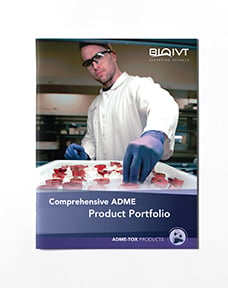
[BROCHURE] ADME Product Portfolio
BioIVT can provide the answers to all your liver-related research questions. Hepatic models that enable researchers to better predict new drug candidates’ impact on the liver.
